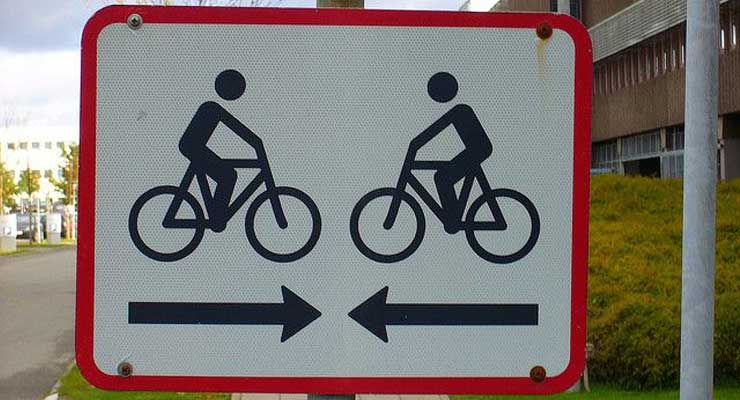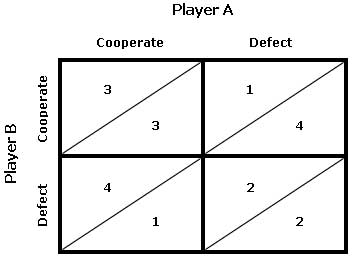
This is part four of a series analyzing the 12 best voting-systems. See the introductory article for the series here.
–
Approval and Score Voting’s merits, described in the first part of this series on election methods, along with their elegant, natural simplicity, make them arguably the best methods. Attempts to improve on Approval and Score are always at least somewhat illusory, because, even when some improvement is achieved, it’s accompanied by problems.
The best rank-methods can allow some limited protection of a strong top-set, even when ranking them in order of preference, choosing among them. But, for one thing, that isn’t always complete. And arguably that isn’t something that is needed. In current conditions, there are strong top and bottom sets, and electing from the former, instead of the latter, is (by their definition) incomparably more important than choosing among your strong top-set.

So, really, the only important objective reason to choose a rank-method would be because the best rank methods can provide a convenient, easy, effective and reliable way to avoid chicken-dilemma.
But there’s a subjective reason too: Many overcompromisers, and supporters of rival parties would vote more sincerely with rankings (or at least with Score’s ratings) than they would in Approval.
So those are two justifications of choosing a ranking-method – If people want one badly enough to accept the expense of setting it up, and its more elaborate count.
Here is a brief comparison of available ranked voting methods:
IRV, for reasons discussed elsewhere in this series, is entirely unsuitable for current conditions (reasons which include the dishonest promotion of IRV, offered with false guarantees).
Bucklin is the other rank-method with use-precedent, which could be important for acceptance. But Bucklin doesn’t provide an easy, reliable way to avoid chicken-dilemma. Arguably any ranking method should provide that.
MAPW and MAPW2 emphasize Approval over pairwise-count, while avoiding chicken-dilemma. The emphasis on Approval could be regarded as a good thing, but it somewhat loses the subjective psychological advantage of rankings, for overcompromisers and supporters of rival parties. So I’d reserve MAPW and MAPW2 for electorates that don’t need rankings to allow them to vote sincerely.
MDDA, MDDAsc, MMPOsc, and IC,MMPO, which I consider the best rank methods for current conditions, are difficult to compare the merits of. Among them, there probably isn’t really an objective “best”. None of them dominates the others, in terms of properties. But MDDA and MDDAsc come the closest, and seem to win the comparison among those 4 methods.
Between MDDA and MDDAsc, I prefer MDDA, because it’s fully truncation-proof. That gives it a better combination of practical properties. MDDAsc’s only advantage over MDDA is that it avoids failure of the cosmetic “embarrassment-criterion” Mono-Add-Plump.
MDDA and MDDAsc are arguably the rank-balloting voting-systems that best deliver on the promise of rank-balloting.
They meet FBC, the Favorite-Betrayal Criterion (meaning that they never give incentive for anyone to vote someone over their favorite).
They provide a convenient, easy, reliably-effective way to avoid the chicken-dilemma.
They provide all the protection for your approved strong top-set against your unapproved strong bottom-set that Approval does…even when you rank the candidates of that set in order of preference. But, if you equal-top-rank your strong top-set, then MDDA and MDDAsc give them an added level of protection.
MDDA’s and MDDAsc’s protection of ranked and approved candidates over unranked and unapproved candidates is excellent, as is their protection of top-ranked against everyone else. That, along with FBC and no chicken-dilemma problem, adds up to an un-equaled combination of important properties.
MDDA and MDDAsc are precinct-summable, making its count easier, quicker, and simpler…thereby making count-fraud more difficult, and making the detection of count-fraud easier.
(But all of the methods described in this series are precinct-summable, except for IRV and Benham).
Until we have public ballot-imaging, which would achieve full security against count-fraud, any voting-system that isn’t precinct-summable is completely unacceptable. MDDA and MDDAsc are briefly-defined, and that’s a strong advantage for a proposal.
If a rank-balloting method is desired, I recommend MDDA or MDDAsc.
Leave a Reply